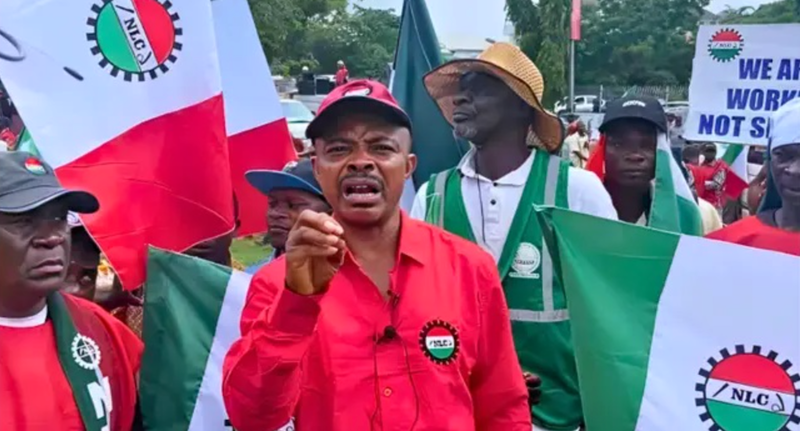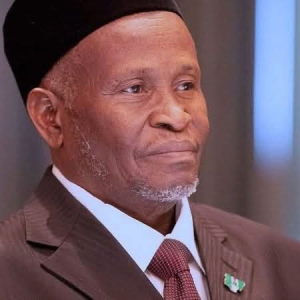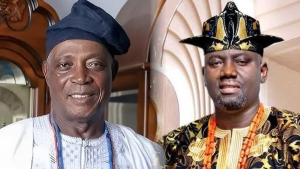
The Despite a promise made by the Federal Government during an October meeting to summon the Economic Council to enforce the N70,000 minimum wage, many state governments are yet to fully implement the new pay structure.
By the end of October, only 12 out of 36 states had implemented the wage, including Edo, Anambra, Adamawa, Ogun, Delta, Ebonyi, Abia, Kebbi, Kogi, Borno, Gombe, and Jigawa.
Anambra, which had pledged to begin payments in October, delayed its full implementation but added N40,000 to staff salaries temporarily. Meanwhile, states like Lagos, Ondo, Bayelsa, Kano, Niger, and Kaduna have committed to begin payments this November, though other states, including Osun, Cross River, Akwa Ibom, Enugu, and Imo, have not set dates.
Some states, such as Ogun, Ekiti, and Oyo, have approved amounts higher than N70,000 but have not yet begun payments. Ogun’s N77,000 minimum wage, approved for October, was only partially implemented, adding N42,000 to workers’ salaries instead. In Ekiti, discussions on the new wage continue, with the government confirming that no payments will be below N70,000.
In other regions, Edo and Delta states are already paying N70,000 and N77,500 respectively. However, Rivers and Akwa Ibom, which have approved N85,000 and N80,000 minimum wages, have yet to start payments. Cross River is still negotiating, while Bayelsa began payments in November.
The delayed implementation has sparked criticism from the Nigeria Labour Congress (NLC), which issued a strike notice for December 1, 2024, for states failing to fully implement the new wage. The NLC has condemned the delay as a violation of workers’ rights, highlighting the severe economic strain faced by workers and the ongoing neglect of the new law.
With only a few states meeting the deadline for full implementation, the NLC warns of continued industrial action unless all states comply.







